Hoo Fan Chon is a visual arts practitioner based in George Town, Penang. His research-driven projects are often set in local geographies and concern class aspiration, cultural identity, informal histories, and colonial legacy.
︎ email ︎ cv
✺ 2025 ✺ 2024 ✺ 2023 ✺ 2022 ✺ 2021 ✺ 2020 ✺ 2019 ✺ 2018 ✺ older works ✺ photography ✺ video ✺ painting ✺ sculpture ✺ installation ✺ writing ✺ george town ✺ archive ✺ fish ✺ durian ✺ badminton ✺
︎ email ︎ cv
✺ 2025 ✺ 2024 ✺ 2023 ✺ 2022 ✺ 2021 ✺ 2020 ✺ 2019 ✺ 2018 ✺ older works ✺ photography ✺ video ✺ painting ✺ sculpture ✺ installation ✺ writing ✺ george town ✺ archive ✺ fish ✺ durian ✺ badminton ✺
How To Dance Like A Mudskipper
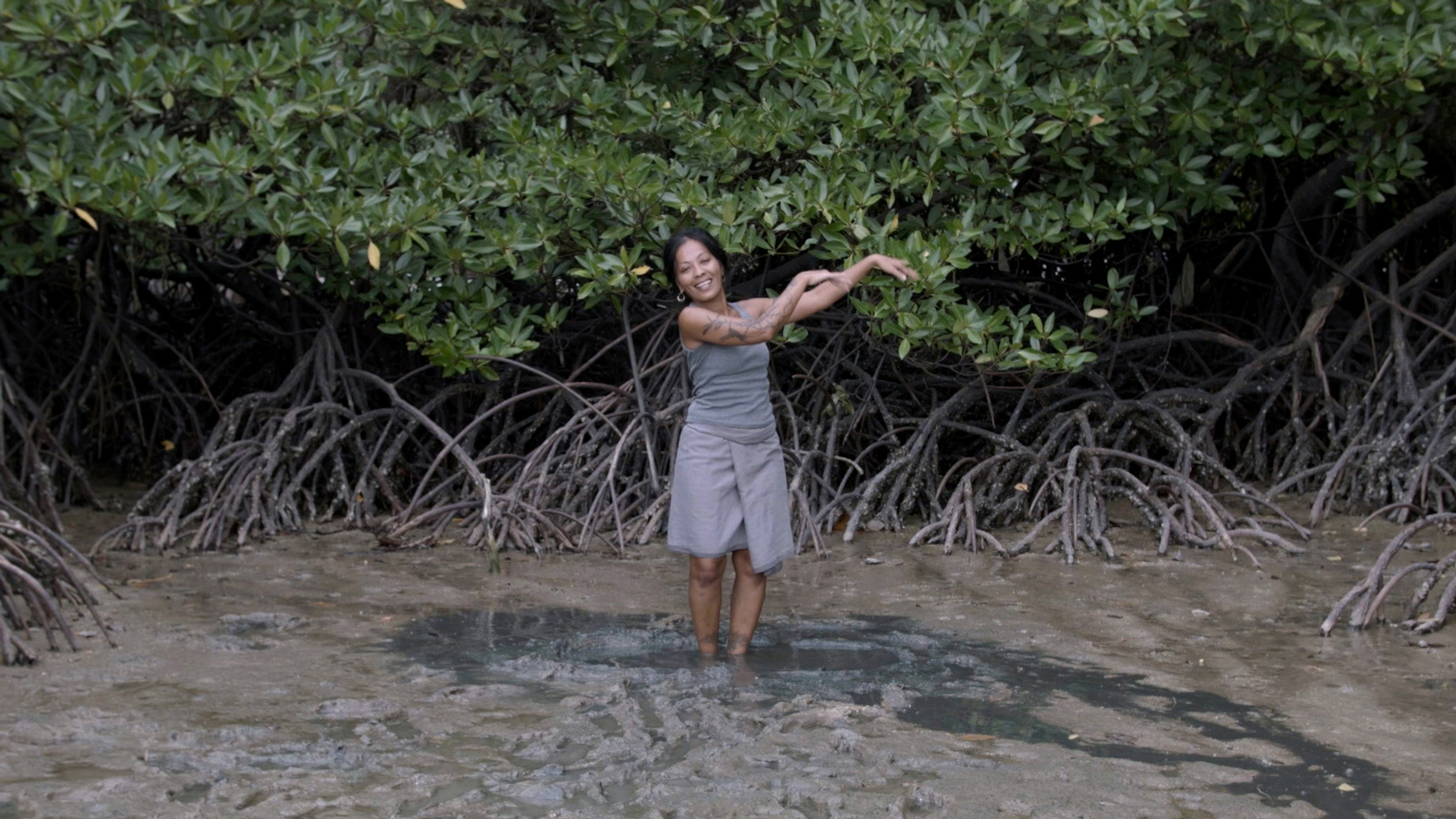

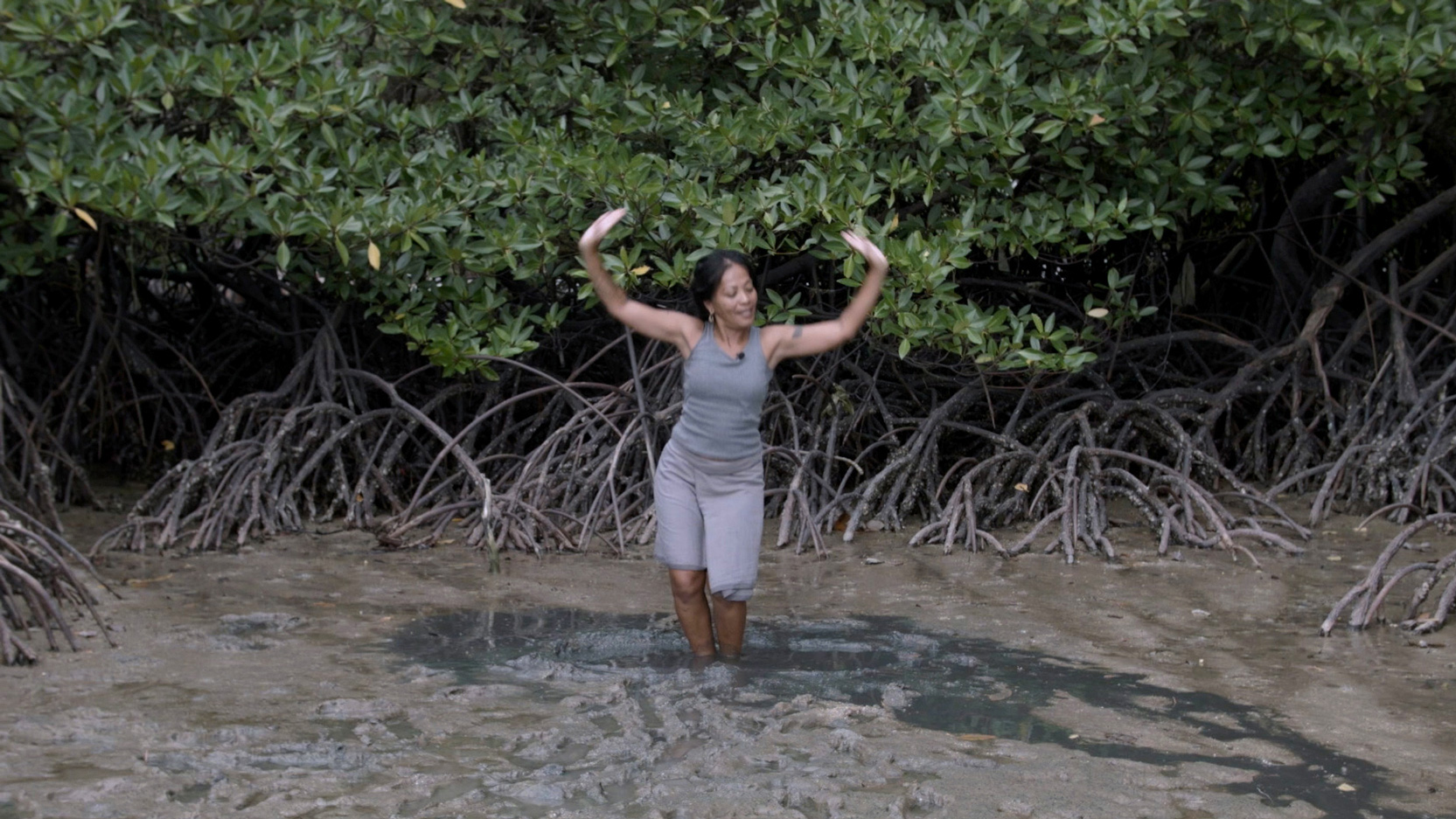
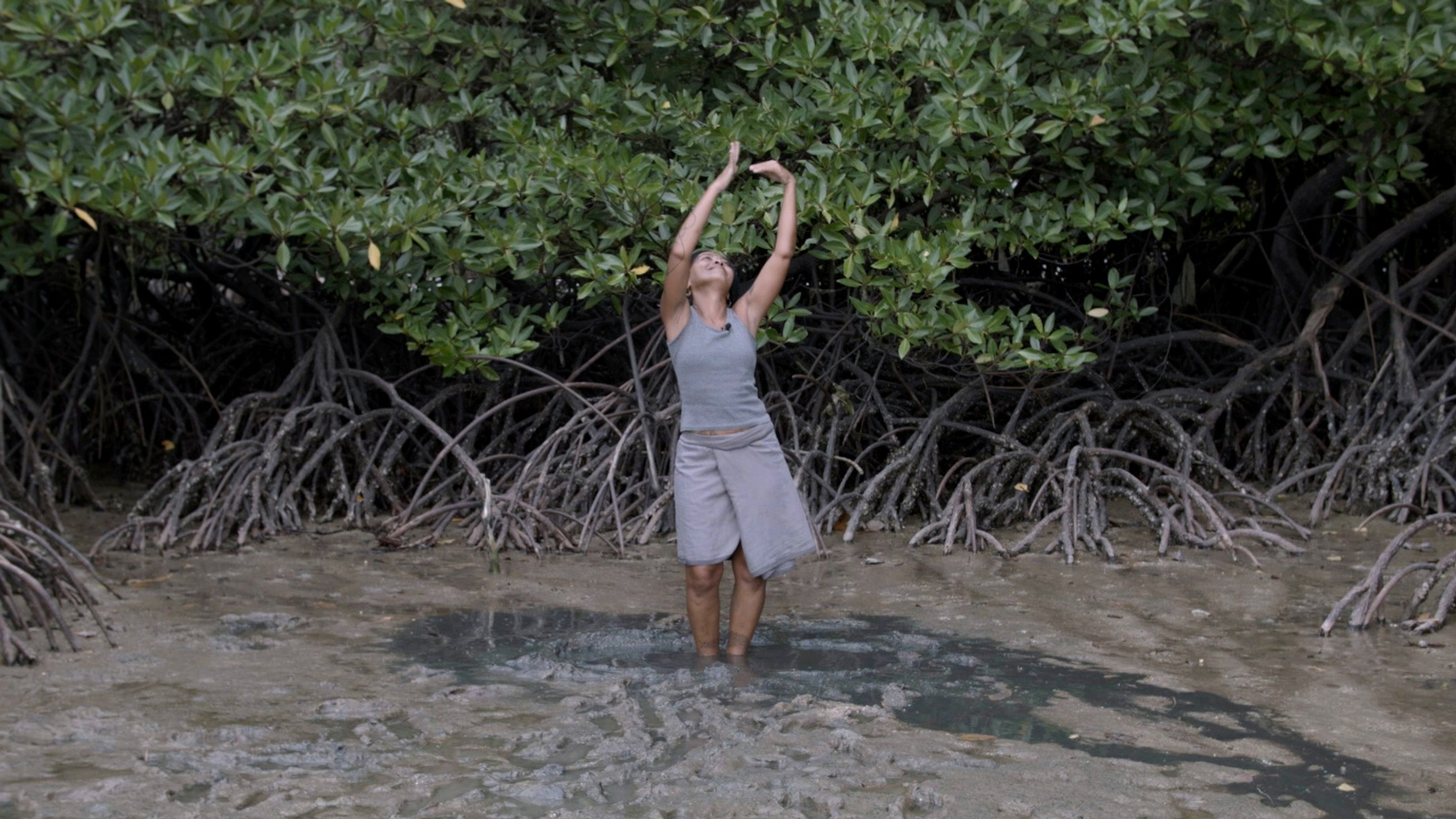
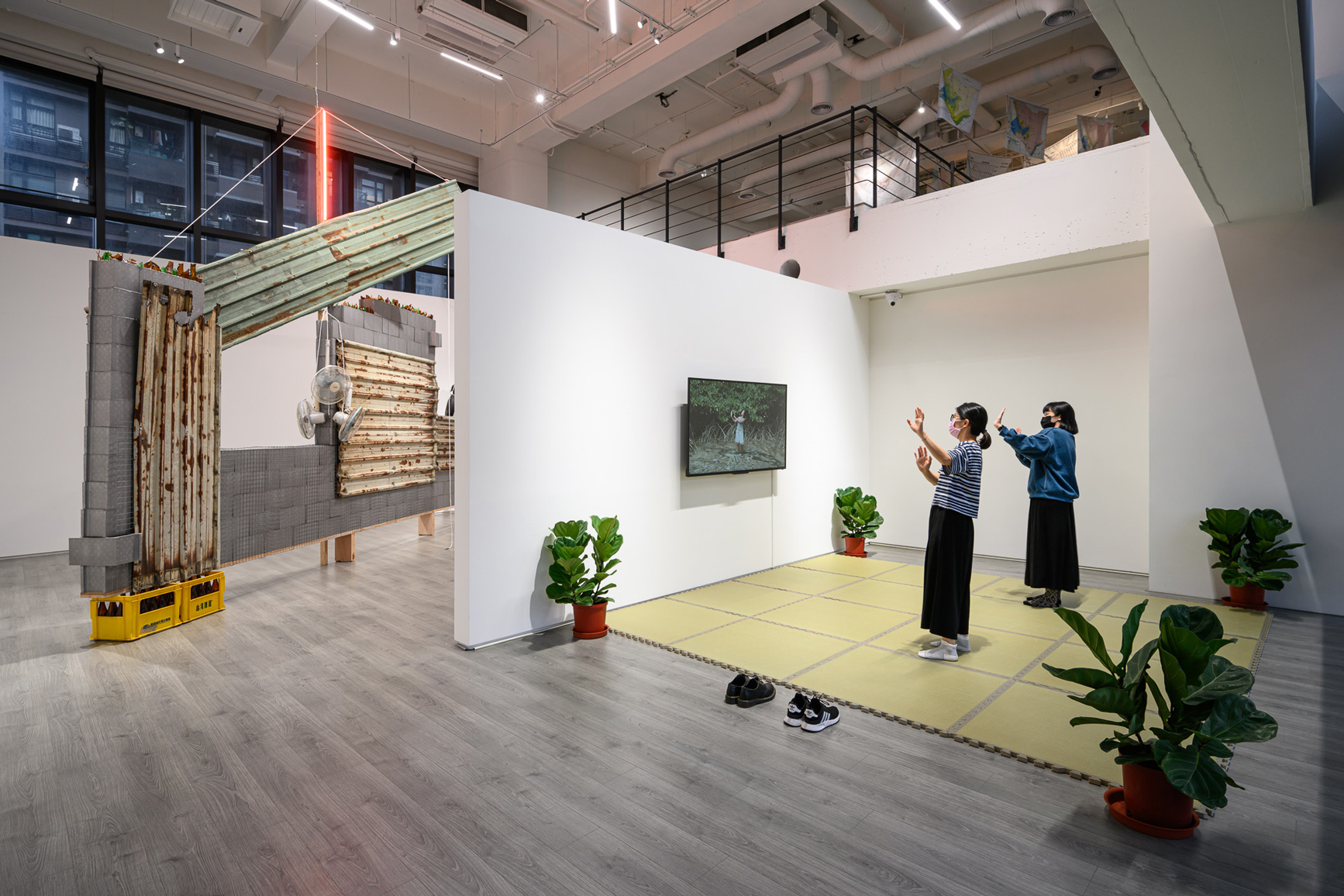
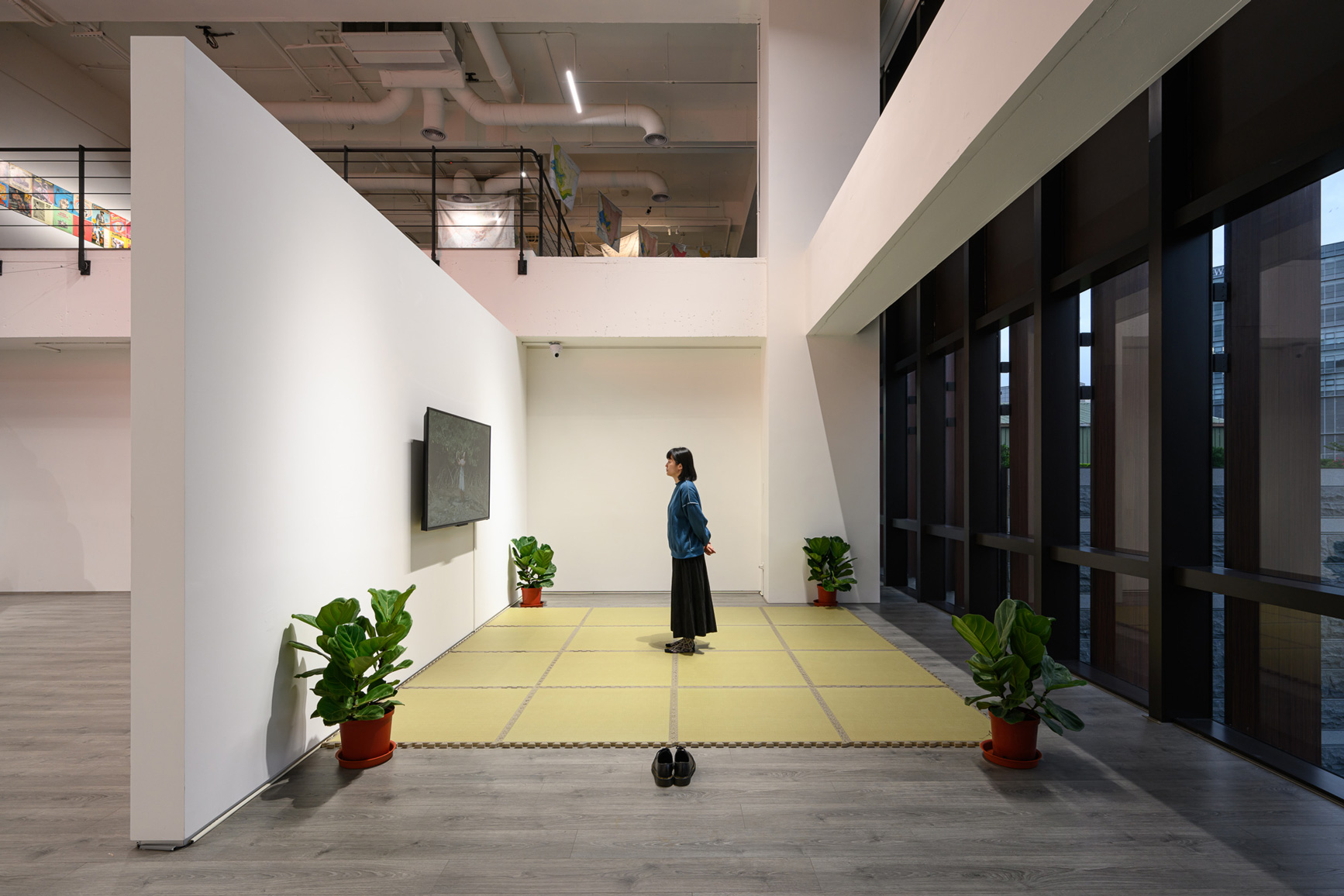
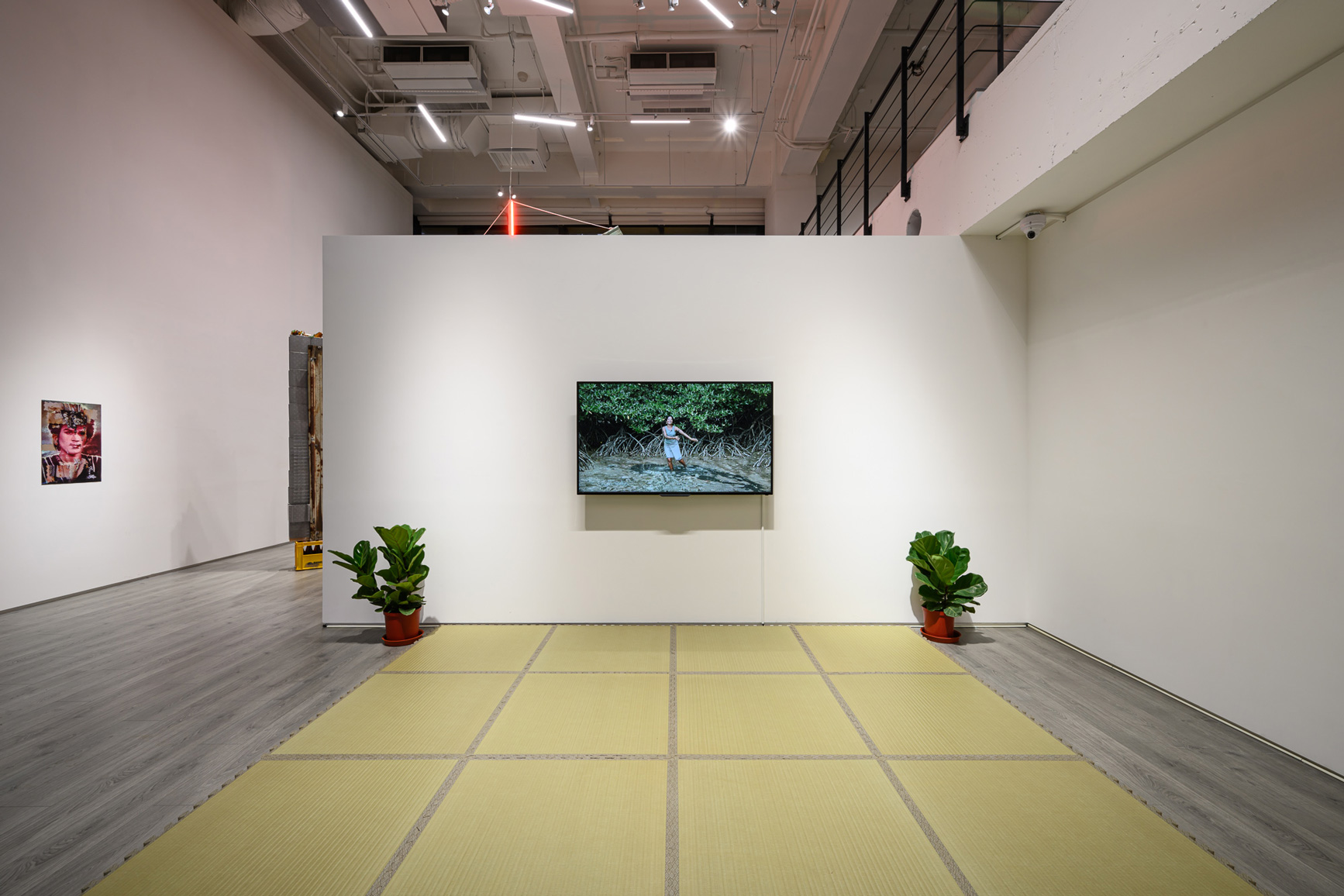


The Oceans and The Interpreters
2022 Oct, Solid Art, (Taipei TW edition)
2023 Feb, Britto Art Trust (Dhaka BD edition)
Curated by Nobuo Takamori
This project was supported by The National Culture and Arts Foundation (NCAF) Taiwan.
How to dance like a mudskipper
Single channel full HD Mpeg-4 video, 8:38 min, 2022
Talent: Mislina Mustaffa
Music: Alvin Neoh Chai Liang
Production assistant: chi too
Pantun written by: Siddiq Abdul Samad
2022 Oct, Solid Art, (Taipei TW edition)
2023 Feb, Britto Art Trust (Dhaka BD edition)
Curated by Nobuo Takamori
This project was supported by The National Culture and Arts Foundation (NCAF) Taiwan.
︎
How to dance like a mudskipper
Single channel full HD Mpeg-4 video, 8:38 min, 2022
Talent: Mislina Mustaffa
Music: Alvin Neoh Chai Liang
Production assistant: chi too
Pantun written by: Siddiq Abdul Samad
One way to understand an animal is to move like one. The common intertidal amphibious mudskipper, known locally as ikan belacak, used to be a sought-after local delicacy, so much so that the craving for its roe was used as a plot device in the film Batu Belah Batu Bertangkup (trans. The Devouring Rock, 1959). In recent times, locals have found a different use for this air-gulping fish, not as a gourmet treat but to be processed into “male enhancement” massage oils. Inspired by the history of the Shachihoko 鯱鉾 dance from Japan and the social function of radio callisthenics (rajio taisō ラジオ体操), this instructional video speculatively choreographs a series of collective synchronised dance movements with mnemonic phrases backed by a dangdut dance track. Besides being part of an ongoing research project, it also attempts to elevate this lowly regarded mangrove swamp dweller into a cultural symbol through performance, by using the human body as a conduit.
See also “Jalan Jalan Japan, Tobi Tobi Haze” (w. Takuya Yamashita) and “Mud-chihoko on Komtar”.
See also “Jalan Jalan Japan, Tobi Tobi Haze” (w. Takuya Yamashita) and “Mud-chihoko on Komtar”.